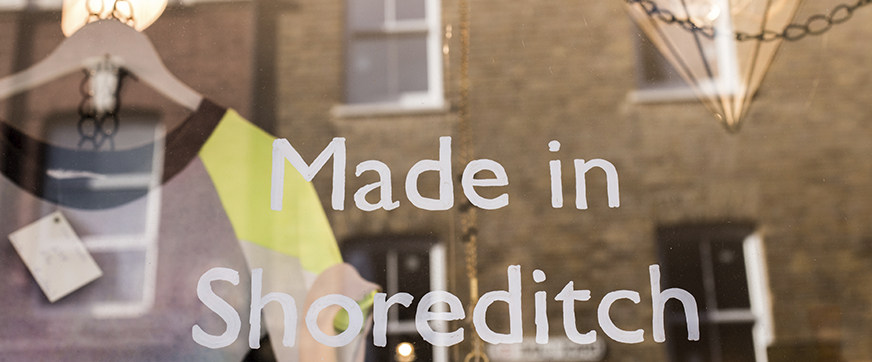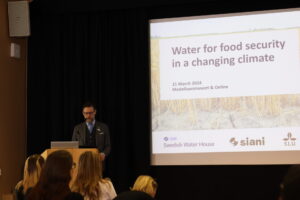London Calling – Sweden Textile Water Initiative
This reality is vividly understood by the Sweden Textile Water Initiative team. We know that the triple win of sustainable supply chain work (financial, environmental and societal) is seen by some as the holy grail. A wonderful dream to chase, but one that is often rendered fantasy by the cold hard light of day.
Yet, whilst supply chains are complex and movable beasts, influenced by a myriad of different global and local politics not connected to one individual business, they are possible to influence. Greatly, measurably and with environmental and social inequalities in mind.
Sustainable Apparel Innovation Forum
Sweden Textile Water Initiative and member brands Lindex and KappAhl will be discussing this very subject at the Sustainable Apparel Forum in London today. The prestigious Chatham House event, seeks to find solutions to how business can help build scalable and effective change within the value chains.
The one day conference brings together over 100 different sustainability managers and directors from major global brands to hear about and debate sustainable supply chain innovations. The main premise is to dig deep into the question of how brands can improve their value chain environmental footprint – and make it pay.
2015 Sweden Textile Water Initiative Results
We at SIWI believe that we must look to water as an opportunity to realize green growth strategies rather than as simply a given production factor.
Sweden Textile Water Initiative has seen fantastic results in 2015. Financial wins for factories working with efficient process optimization in our programmes, have been high. Simultaneously, environmental wins by the drastic decrease in the use and pollution of natural resources have also been achieved. And critically for social aspect, wins for factory workers (improved health) and for societies downstream (more water available for other uses such as human consumption and food security) are examples of concrete benefits to communities in production countries.
Fact box figures
- 300 projects implemented
- 12000 people at 72 factories in four countries trained
- 39 MSEK in operational costs reduced by factories
- Return on Investment for factories: 89% in year one
As we often say here at SIWI, the World Economic Forum´s global risk report and other evidence has done much to raise awareness of the risks water availability poses to businesses. Many companies have started to address and develop specific strategies related water use, but more needs to be done. We need to deal with water as a social as well as resource related problem as it is a hyperlocal commodity that cannot be replaced with anything else.
For more information on STWI results 2015 visit stwi.se








